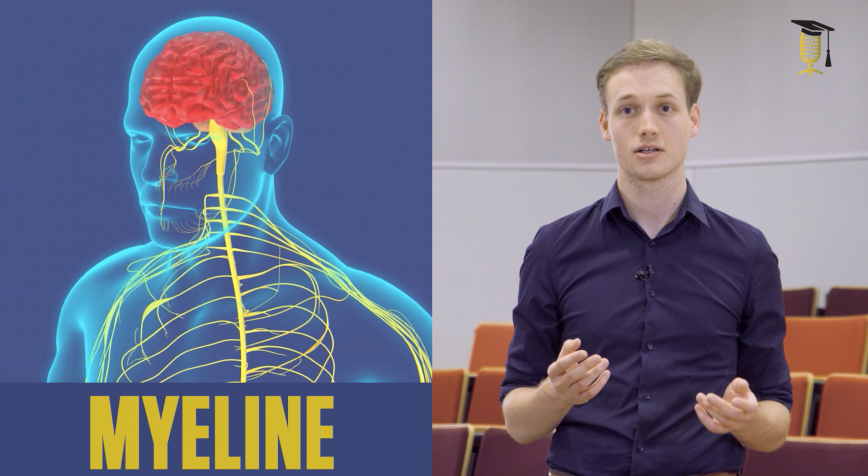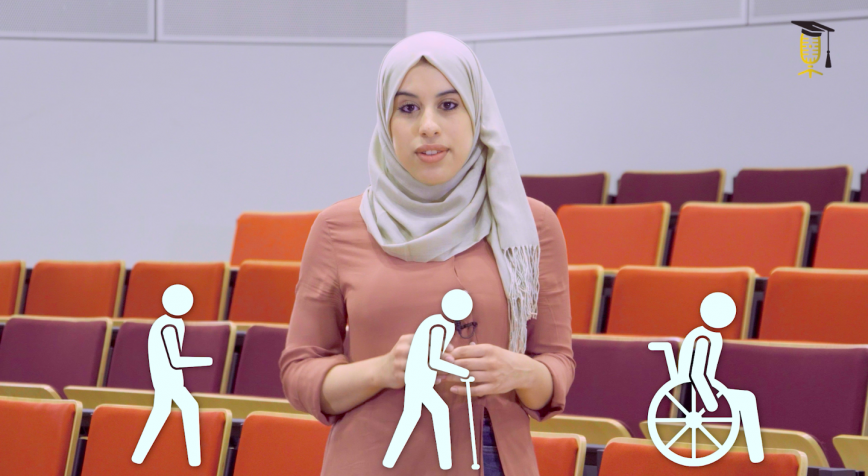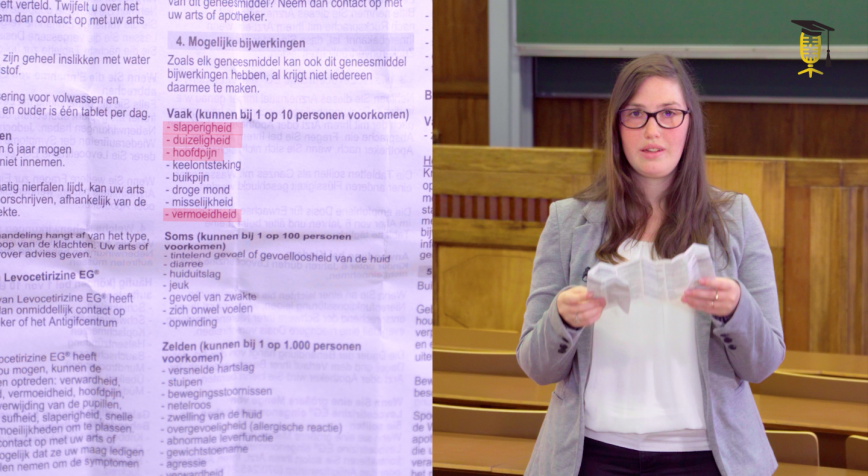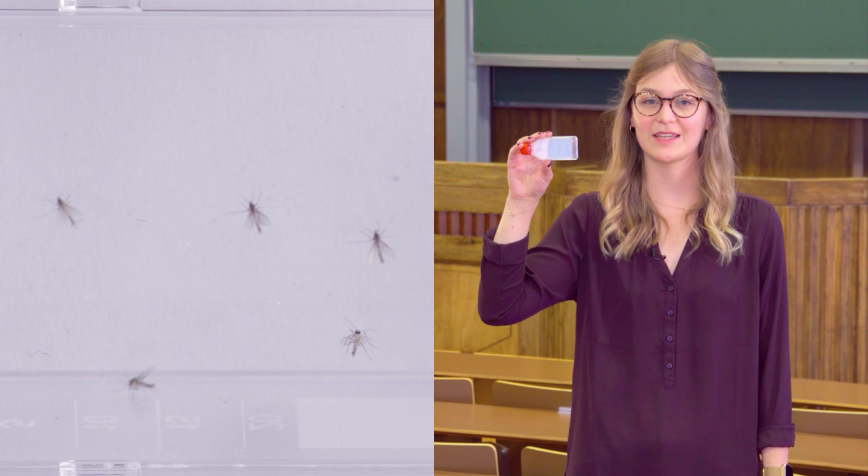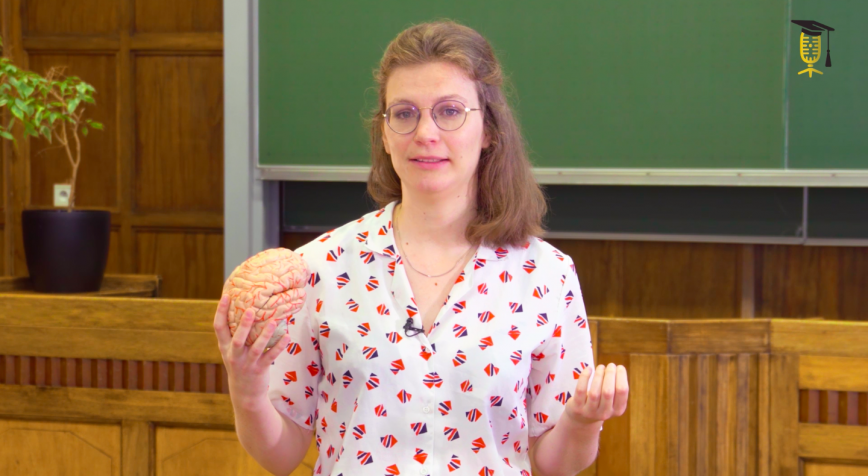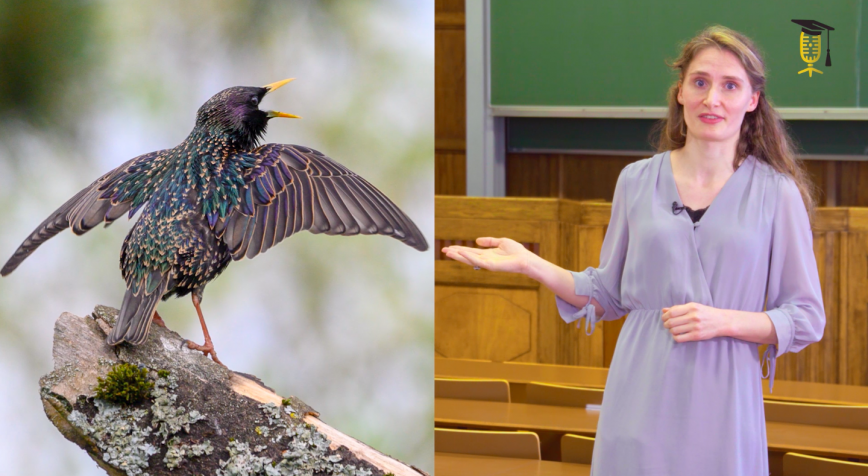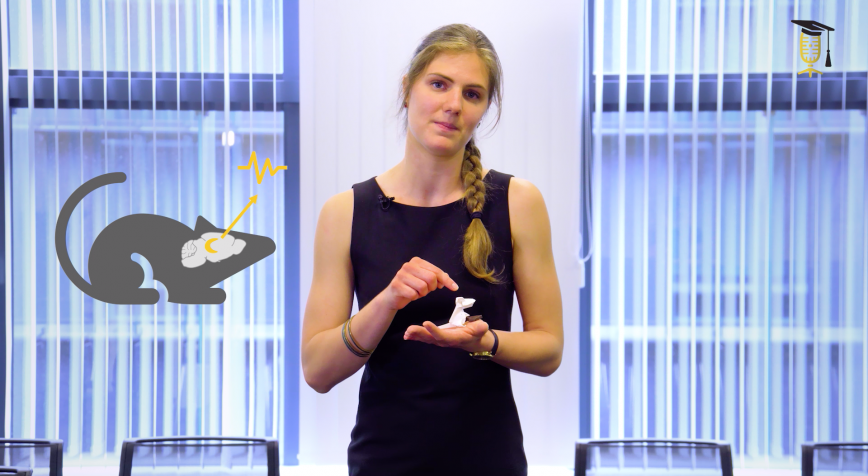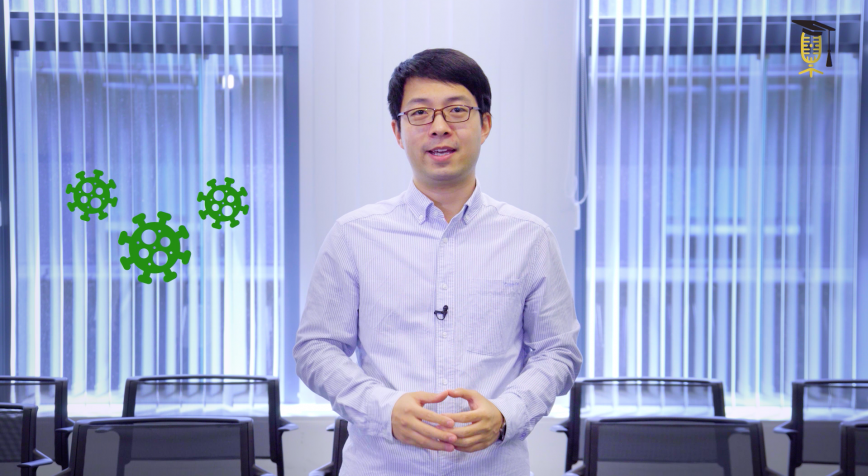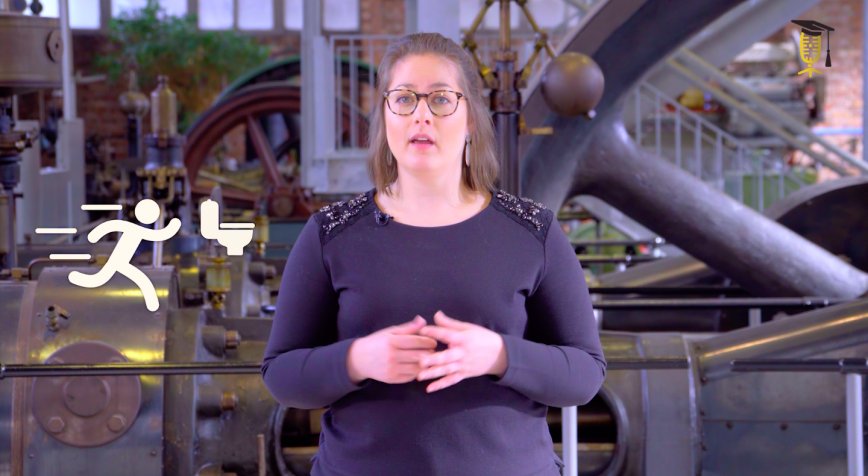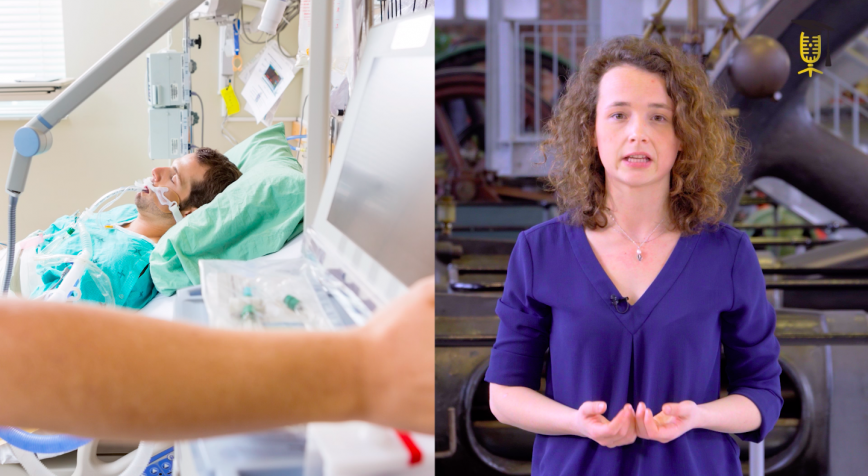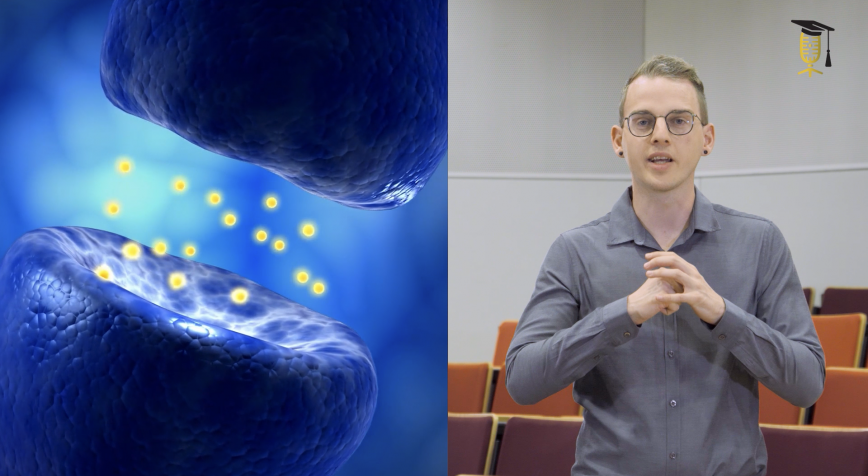
FWO
UHasselt
In search of the cause of Alzheimer's
In patients with Alzheimer's, microglia, the immune cells that protect our brains, suddenly start damaging the brain themselves by eating synapses. Ben Rombaut is trying to find out why this happens. In this way, he wants to help ensure that in our old age we can all stay on our toes.

